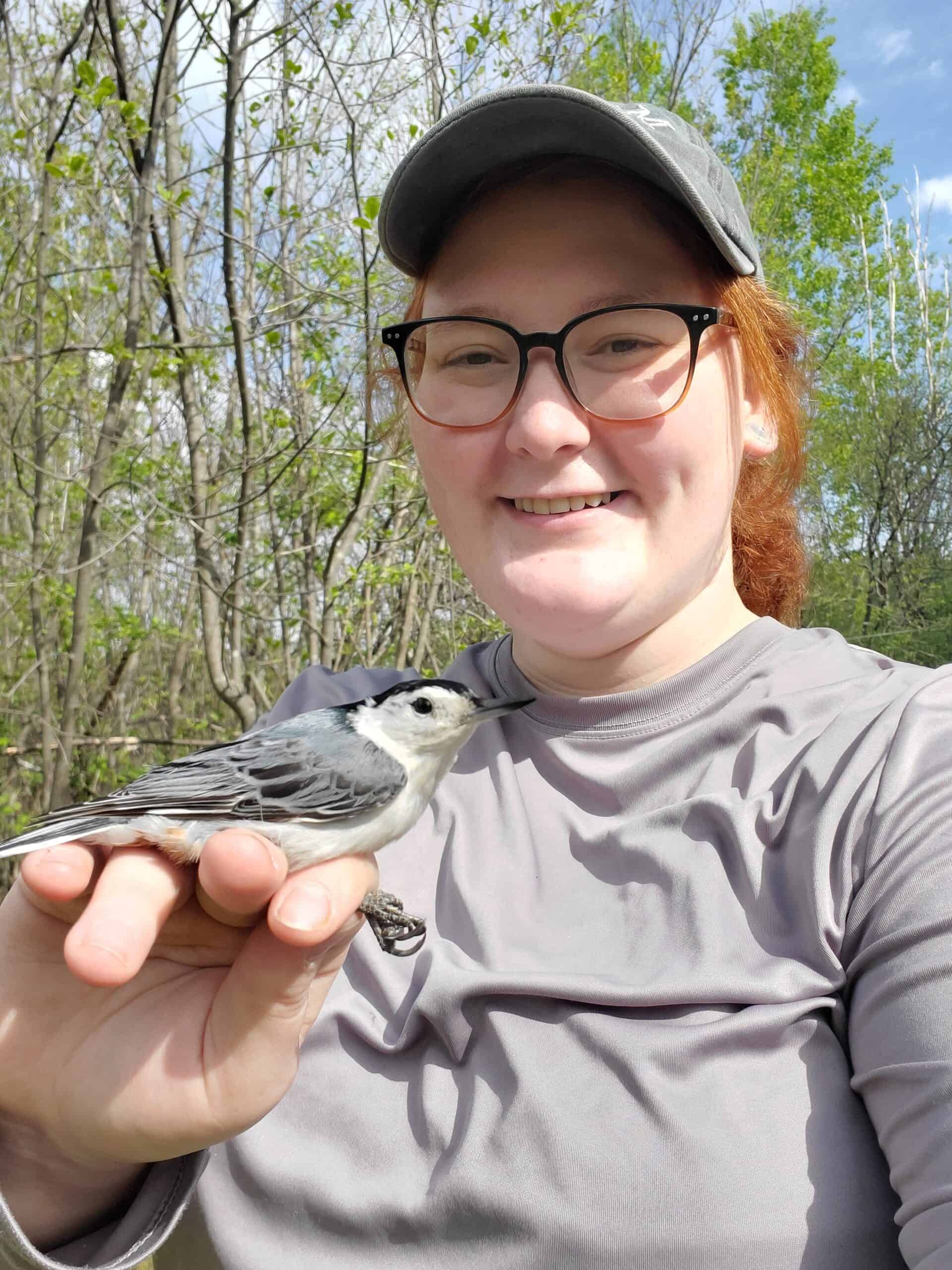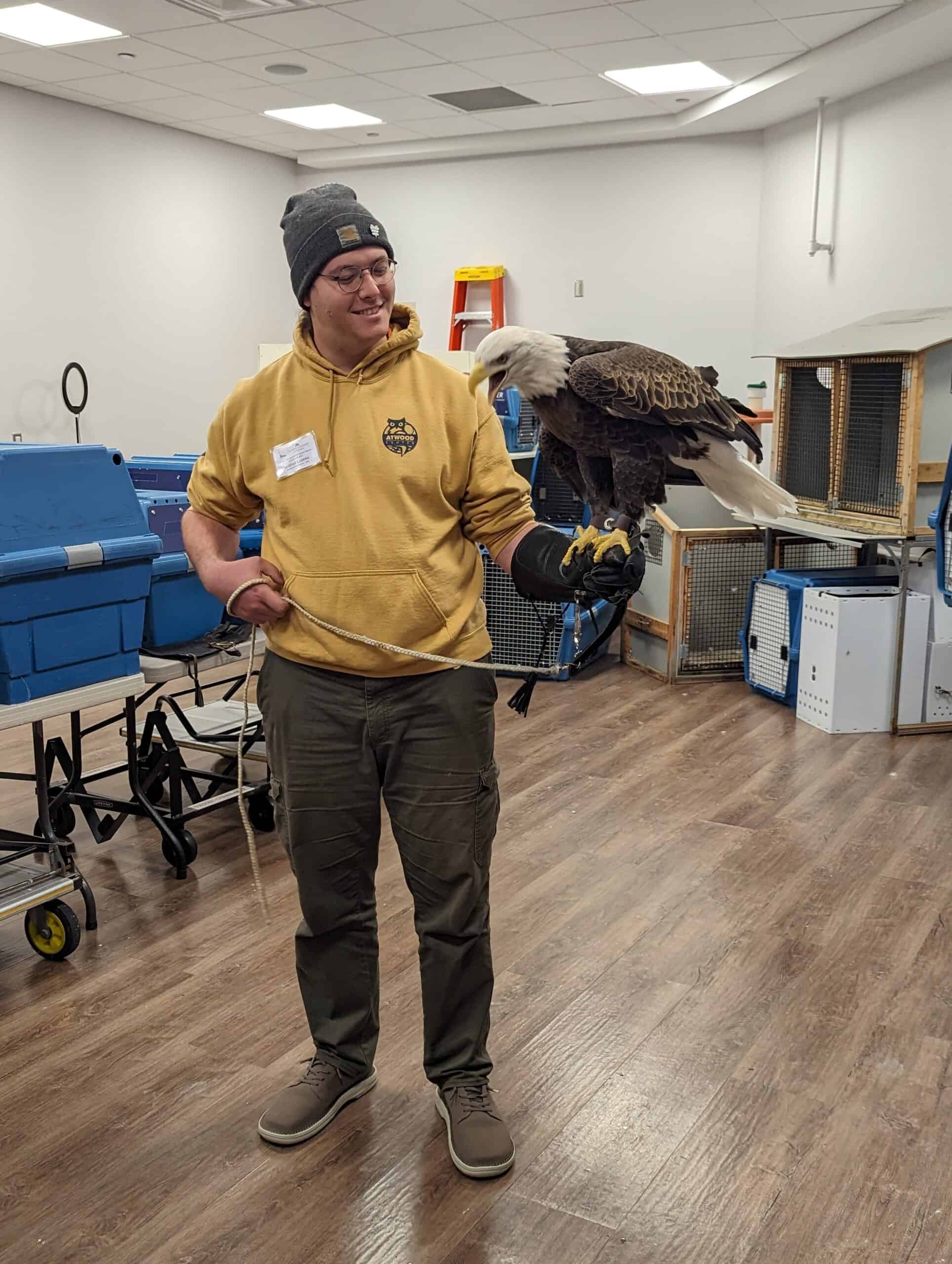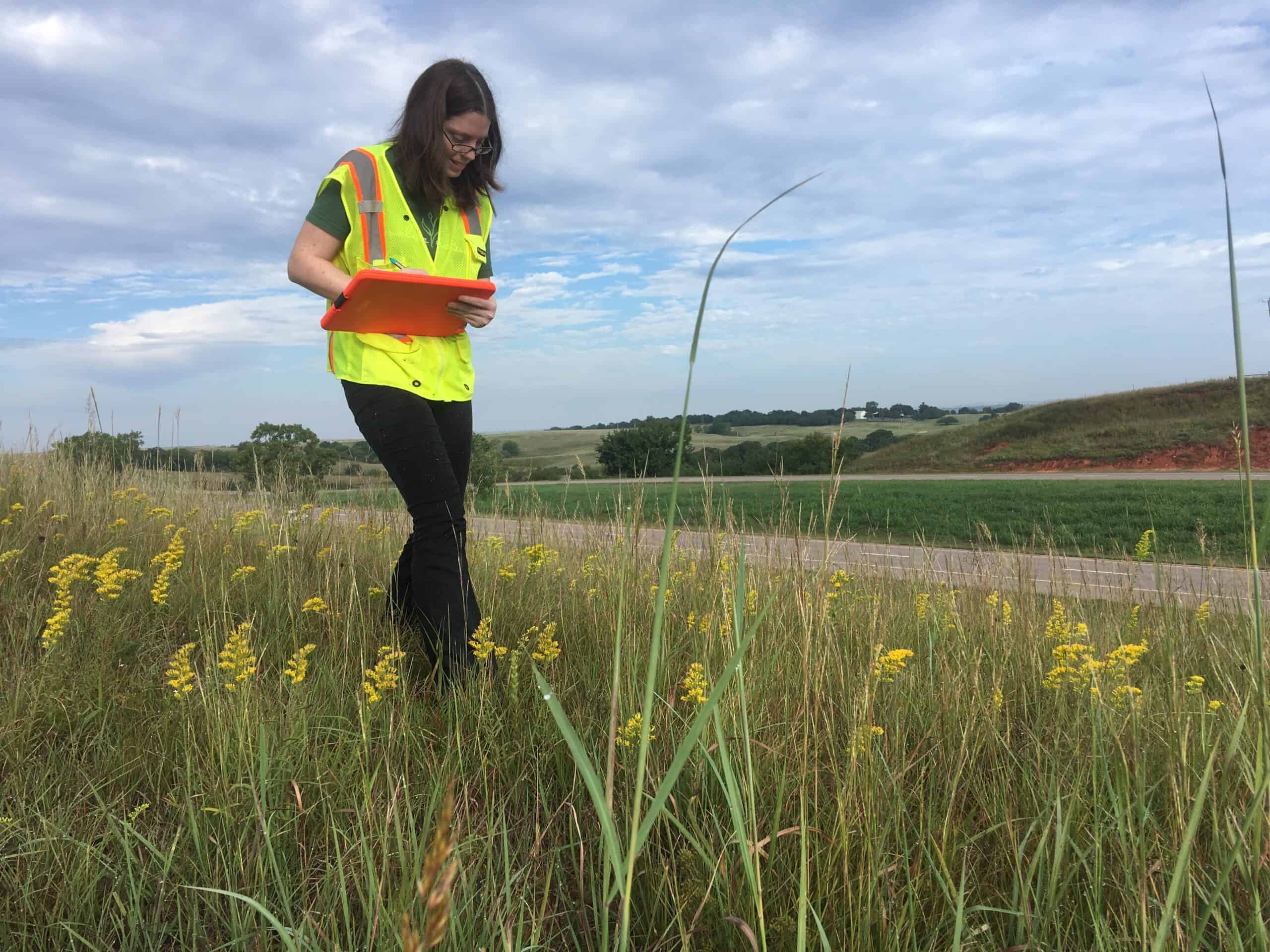Share this article
Wildlife Vocalizations: Monica Mulligan
Mulligan envisions a wildlife profession that validates our identities and backgrounds
Wildlife Vocalizations is a collection of short personal perspectives from people in the field of wildlife sciences.
Over the next 10 years, I would like to see recognition for people in this field of all genders, identities, sexualities, ethnicities and backgrounds. I’d like to see recognition that what we are doing provides an essential service that facilitates the future of interactions with wild things, places and beings.
Human beings have altered landscapes and ultimately made it harder for wildlife to persist in the ways that it traditionally has. Invasive species, introduced to new areas because of humans, devastate whole systems. Yet, people in this field—which includes managing or researching populations of wild things, places and beings—are treated less professionally than a person whose passion lies in the economic systems that tear the natural world apart.
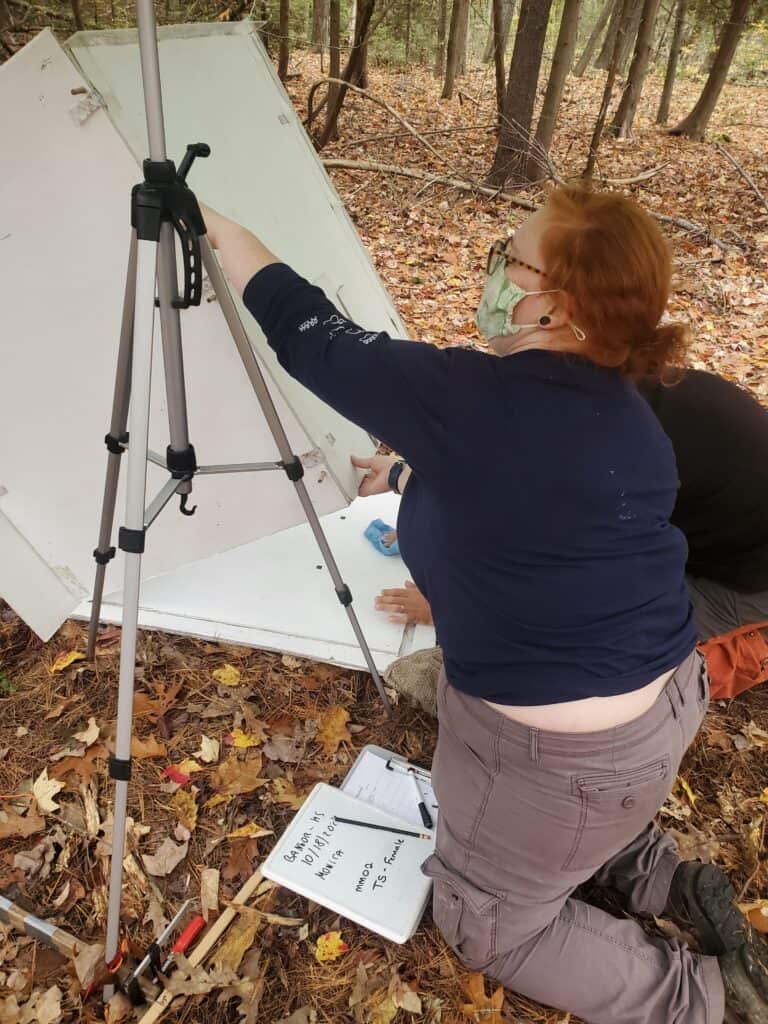
I want to see a shift away from wildlife researchers and managers considered as pursuing their passion and see things shift toward adequate compensation for the work that is being done. This is a career, a choice that we have all made to help the world for the good of everyone in it.
Many different things draw us to this path, whether it’s a love of trees, wetlands or rhinoceroses. We all walk different paths toward the same common goal, supporting and protecting those species and habitats that are affected by human interaction. Instead of gatekeeping those in places of poor socioeconomic backgrounds, we should be encouraging those people and helping them to participate in a field that draws their interest.
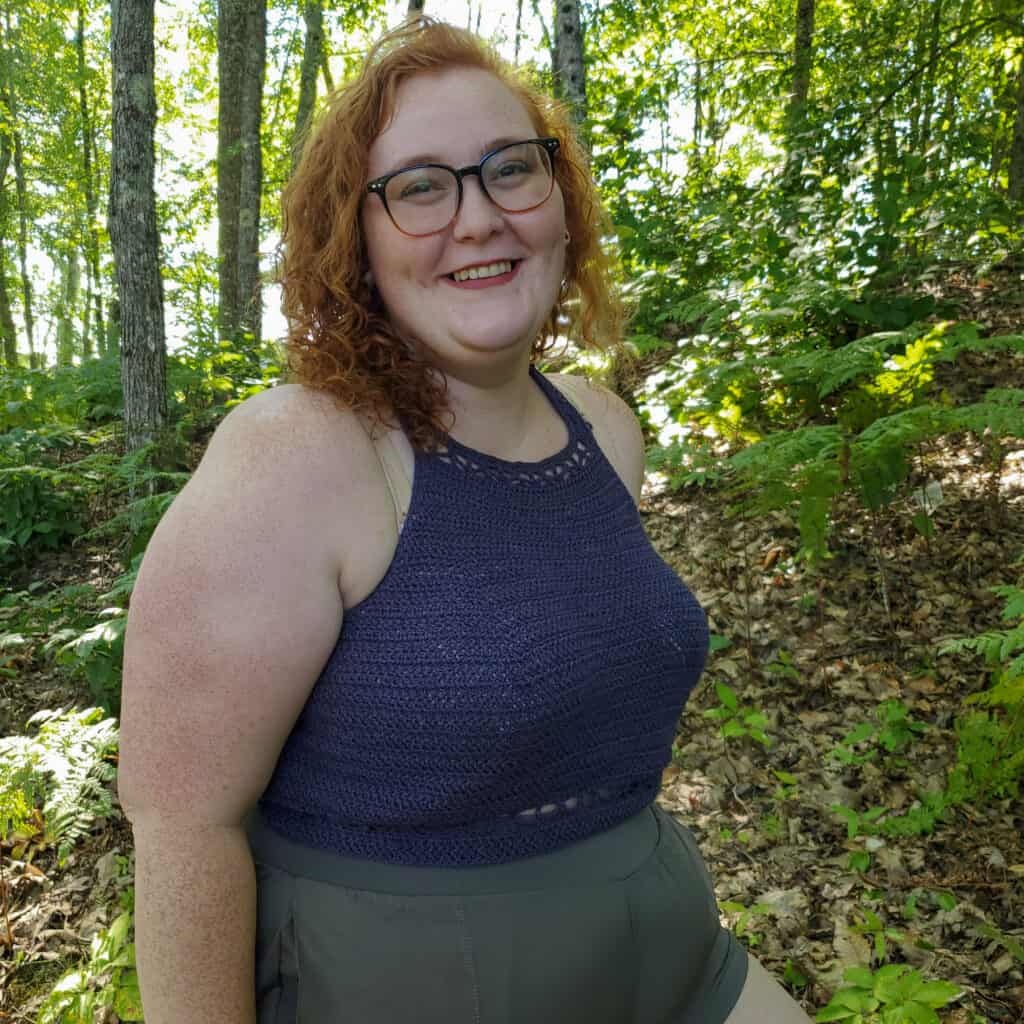
We can do this by supporting those who can’t afford to trade their labor for free. We can support and foster inclusivity by paying interns and seasonal employees for the labor that is being done. By doing this, we increase the number of voices in our field who come from underrepresented backgrounds. Those diverse voices propel this field forward, and without them, we are not whole.
Learn more about Wildlife Vocalizations, and read other contributions.
Submit your story for Wildlife Vocalizations or nominate your peers and colleagues to encourage them to share their story.
For questions, please contact Jamila Blake.
Header Image: Monica Mulligan holds a white-breasted nuthatch (Sitta carolinensis) before releasing it as part of a mist netting exercise as a field class in Orono, Maine. Credit: Monica Mulligan



